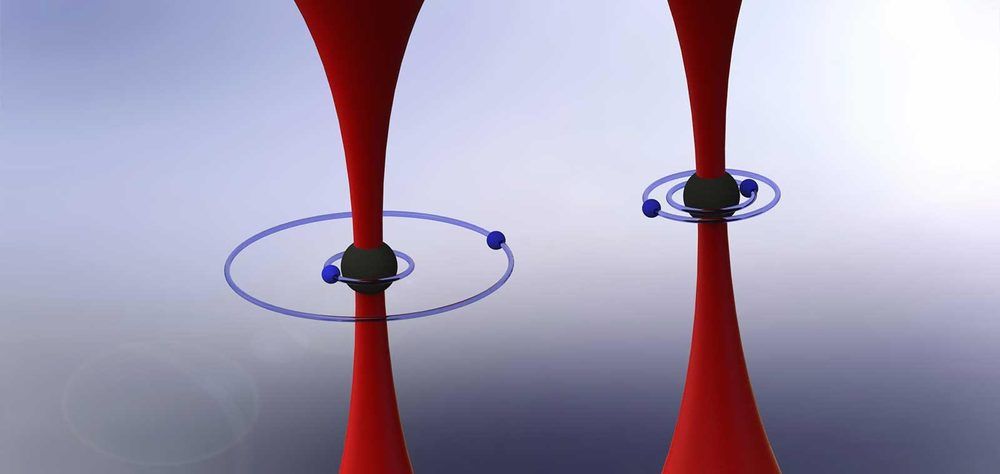Physicists’ latest achievement with neutral atoms paves the way for new quantum computer designs.
In the quest to develop quantum computers, physicists have taken several different paths. For instance, Google recently reported that their prototype quantum computer might have made a specific calculation faster than a classical computer. Those efforts relied on a strategy that involves superconducting materials, which are materials that, when chilled to ultracold temperatures, conduct electricity with zero resistance. Other quantum computing strategies involve arrays of charged or neutral atoms.
Now, a team of quantum physicists at Caltech has made strides in work that uses a more complex class of neutral atoms called the alkaline-earth atoms, which reside in the second column of the periodic table. These atoms, which include magnesium, calcium, and strontium, have two electrons in their outer regions, or shells. Previously, researchers who experimented with neutral atoms had focused on elements located in the first column of the periodic table, which have just one electron in their outer shells.
